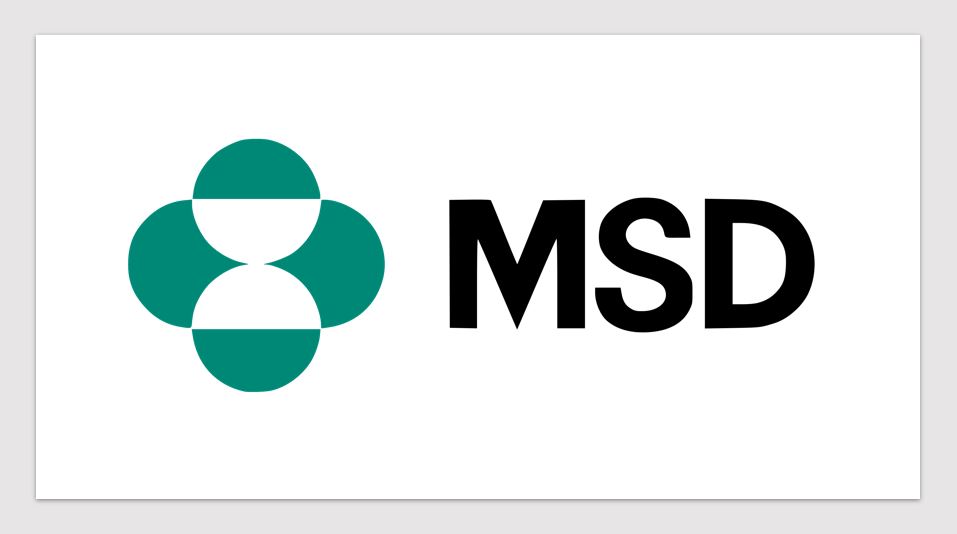News & Trends - Pharmaceuticals
MSD strengthens evidence for access to immuno-oncology therapies on health and Australian economy

Pharma News: In Australia 40% of people diagnosed with cancer will be of working age. A cancer diagnosis may disrupt a person’s ability to actively participate in the workforce which has an economic impact on the individual and the economy.
Immuno-oncology medicines are emerging as a first-line treatment for several advanced cancers and whilst they have been extensively studied for survival outcomes compared to the standard of care such as chemotherapy, a new analysis shows they could also play a significant role in Australia’s society and the economy.
The Health Impact Projection (HIP) 2.0 analysis, commissioned by MSD, estimated the benefit derived from helping patients stay in the workplace, stay out of hospital, and contributing to their communities and the economy.
The analysis shows that if immuno-oncology therapies were used for all eligible patients across eight tumour types in 2021-2025, these therapies could help patients to work an additional 20 million hours. This is the equivalent of 2,385 people working full-time for 5 years (35 hours per week, 48 weeks per year). This could result in a $1.4 billion rise in patient productivity, or nearly $23,000 per patient.
Combined with other factors, this could lead to more than $40 million in additional economic contributions including lower out-of-pocket costs for patients by $28 million or 7.5%, and lower end-of-life costs by about $13,000 a year per patient.
Additionally, HIP 2.0 revealed that if immuno-oncology therapies were used for all eligible patients in eight tumour types in 2021-2025, these therapies could add close to 48,000 life years for these Australian cancer patients – an increase of 37%; and add nearly 37,000 progression-free survival years, an increase of 63%.
“This modelling shows immuno-oncology medicines have the potential to impact beyond improving survival – helping some patients return to work and community life. This in turn leads to considerable incremental societal and economic benefits,” said Dr Christopher Steer, medical oncologist at Border Medical Oncology at the Albury Wodonga Regional Cancer Centre in regional NSW, Australia.
Another recent study published in the Journal of Clinical Oncology estimated and informed the discussion around the potential public health and economic impact of PD-1/PD-L1 inhibitors in Ireland. The model showed that over five years (2020–2024), the clinical benefits offered by the introduction of anti PD-1/PD-L1s include an additional 3,194 life-years, 2,411 progression-free life years and 2,638 quality-adjusted life years. PD-1/PD-L1 inhibitors produce an average annual budget impact that is equivalent to 0.32% of total healthcare expenditure in Ireland. Amongst this figure is a reduced burden of indirect costs and end of life costs, both of which fall with anti PD-1/PD-L1s on the market.
Interestingly, the Australian government also invests 0.32% of total health expenditure on immuno-oncology therapies. While HIP 2.0 shows the cost to government for funding immuno-oncology therapies are higher than for other cancer treatments, it is important to recognise the broader economic benefits and returns that access to these medicines would provide.
News & Trends - MedTech & Diagnostics

Stryker partners with local researchers to advance shoulder joint surgery
MedTech & Diagnostics News: Joint replacement is a commonly performed major surgical procedure that has considerable success in alleviating pain […]
MoreNews & Trends - Pharmaceuticals

Over two-thirds of Aussies missing healthcare appointments
Pharma News: Over 70% of Australians have postponed or cancelled healthcare appointments in the last 12 months. The primary reason […]
MoreNews & Trends - Pharmaceuticals

Opposition decries incremental change as New Zealand government defends Pharmac budget
Pharma News: New Zealand’s Associate Health Minister has made headlines by unveiling Pharmac’s largest ever budget of $6.294 billion over […]
MoreMedical

Telehealth’s 10-year leap in 10 days: Reshaping hospital EDs
Medical: As overcrowding and ramping continue to challenge emergency departments across Australia, the concept of virtual emergency departments (EDs) emerges […]
More